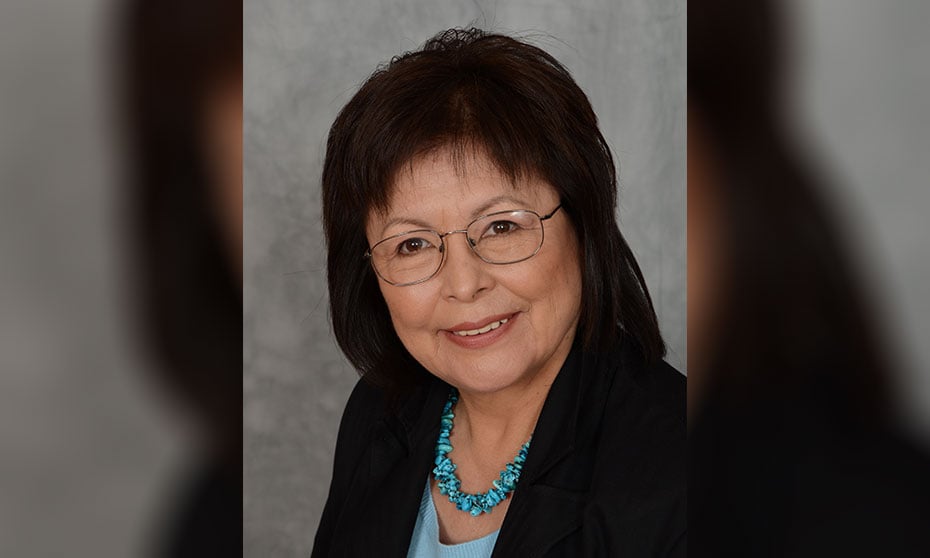
Contingency fee arrangements problematic, says Delia Opekokew

Lawyers and regulators need to use caution amid a trend of involving insurance or banks in land settlement claims by First Nations, said Delia Opekokew.
While the government provides loans for First Nations to pursue land claims, certain banks and insurance companies are now starting to provide alternative funding, says Opekokew, a Cree lawyer from the Canoe Lake First Nation in Saskatchewan. But some of those alternative funding companies are not covered by the Office of the Superintendent of Financial Institutions, she said at the Law Society of Ontario on Monday, as part of an Indigenous Justice panel for The Action Group on Access to Justice’s annual Access to Justice Week.
It will be very important that First Nations and lawyers — who will be the subject of the legal fees and disbursements that will be covered by the by the loans from the banks — ensure that the insurance company is covered by the OSFI, the independent federal government agency, she said.
“My understanding from what I've heard on the ground is that there's been instances where normally, lawyers will ask for 30 per cent of the or maybe a different percentage of the settlement,” she says. “They will be paid for their fees and their disbursements on an ongoing basis. The First Nation should be assured that they're not paying for both. Either you get a bonus or percentage at the end, or your fees are covered throughout the process."
The panel comes amid the classification of a class action suit against former lawyer David Blott in Calgary, who was found to have re-victimized residential school survivors. Opekokew said she saw a real push for lawyers to take these cases because of the potential payout.
“This was one of the unusual situations where lawyers’ fees were going to be covered by the government. And that's why these cases were so popular with lawyers,” she said at the event. “And so many things happened that were not correct, as far as I'm concerned.”
As victims of day schools are now going through their own settlement process, Opekokew said it’s an important reminder for lawyers to revisit LSO guidelines designed for the residential school cases.
“The contingency fee agreements are the problem,” Opekokew said. Ontario Justice Warren Winkler enabled adjudicators to look at whether the fees were within the 15 per cent cap.
“In other areas, they’re not regulated,” she says.
The issues with contingency fee agreements are not the only ones facing the legal professions when it comes to Indigenous justice, the panelists said. The panelists — LSO bencher Dianne Corbiere, Justice Michelle O’Bonsawin and law professor Beverly Jacobs — raised issues such as the level of training for Gladue report writers and the continuing high incarceration rates.
There have been some positive developments, such as the expansion of Indigenous legal training in law schools, and promising rulings from Ontario Superior Court Justice Patricia Hennessy and Justice Shaun Nakatsuru.
But, said Jacobs, the overall legal landscape for Indigenous justice remains grim when it comes to the incarceration system.
“If we are to bring indigenous legal orders into the court system, I actually wouldn't want to bring it in if nobody understood it — if there was disrespect to my law,” she said.